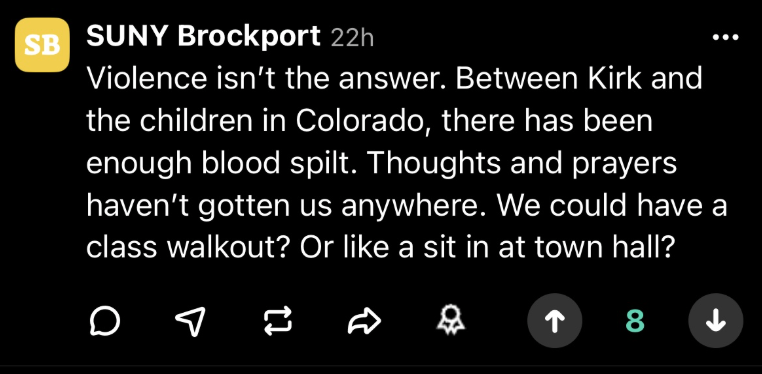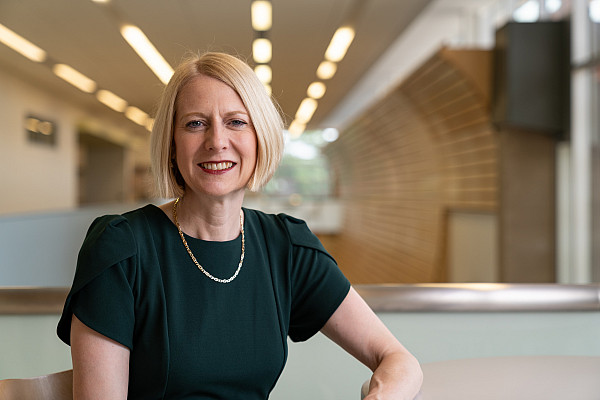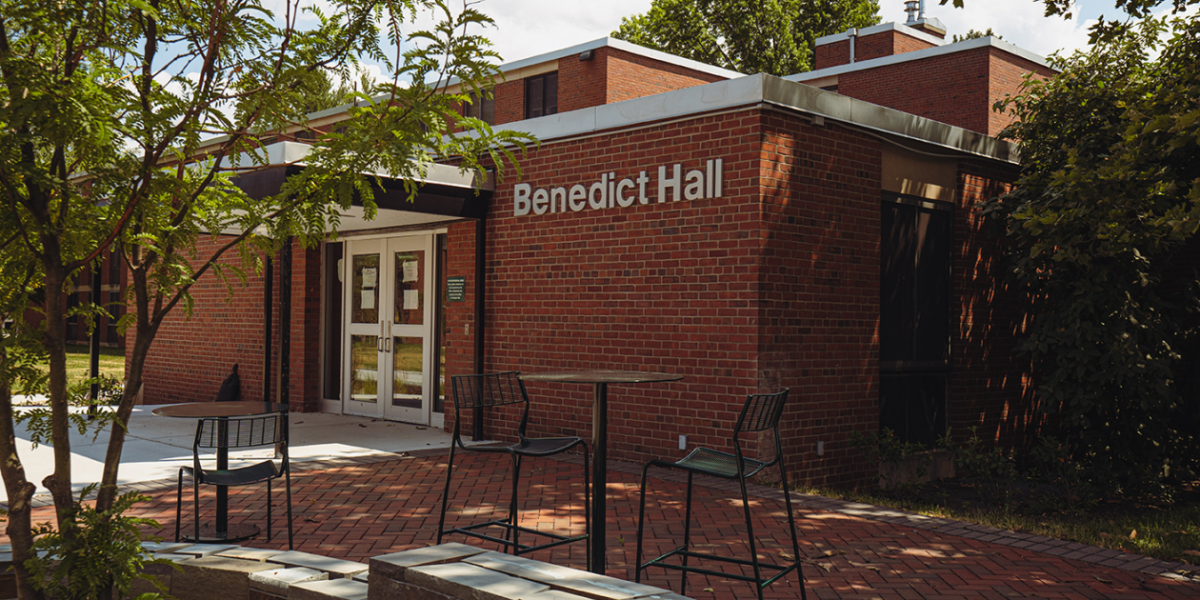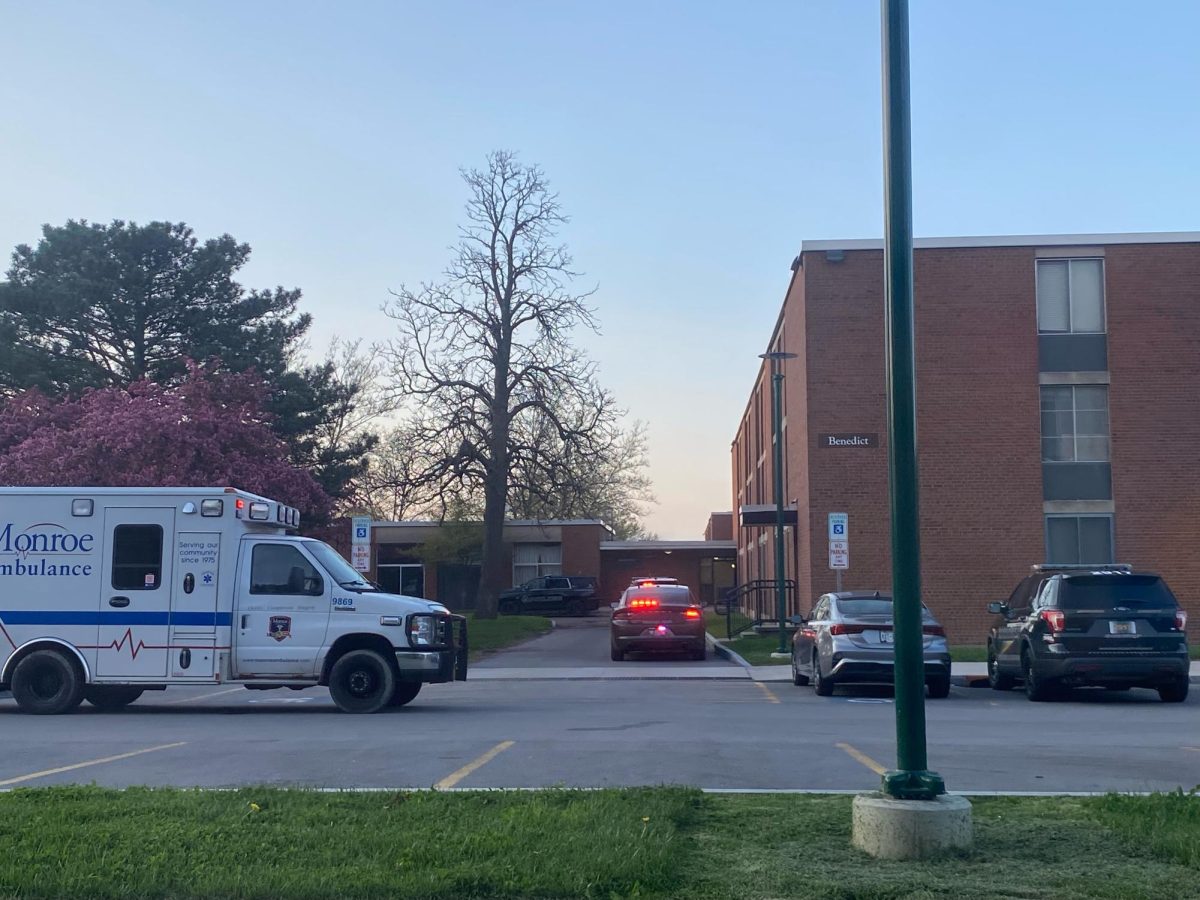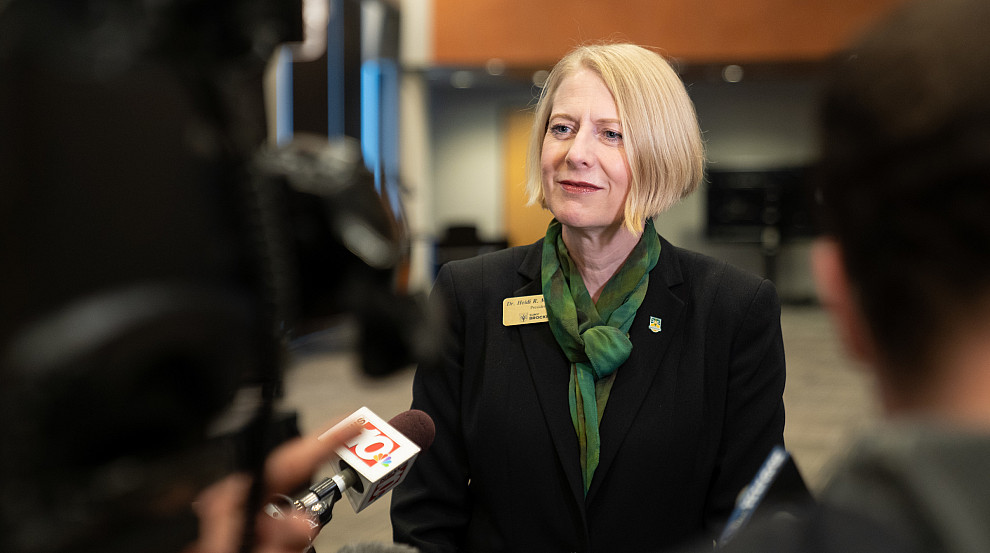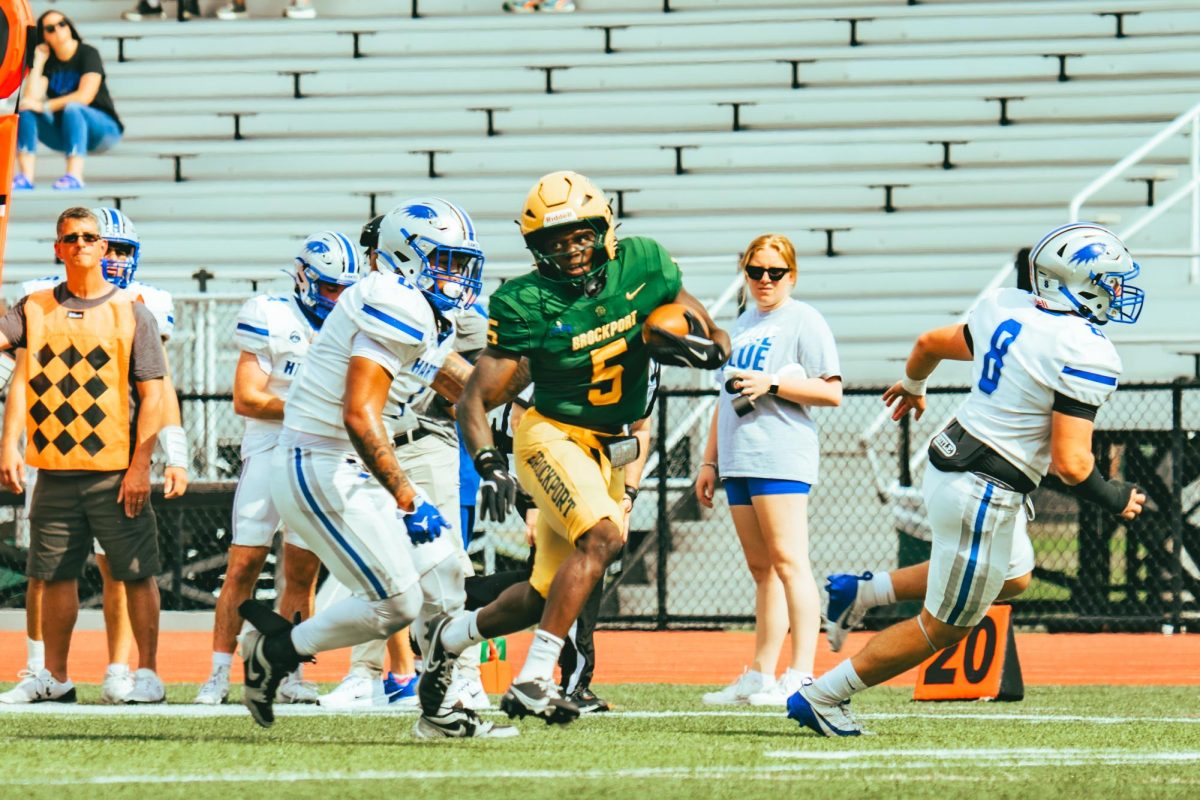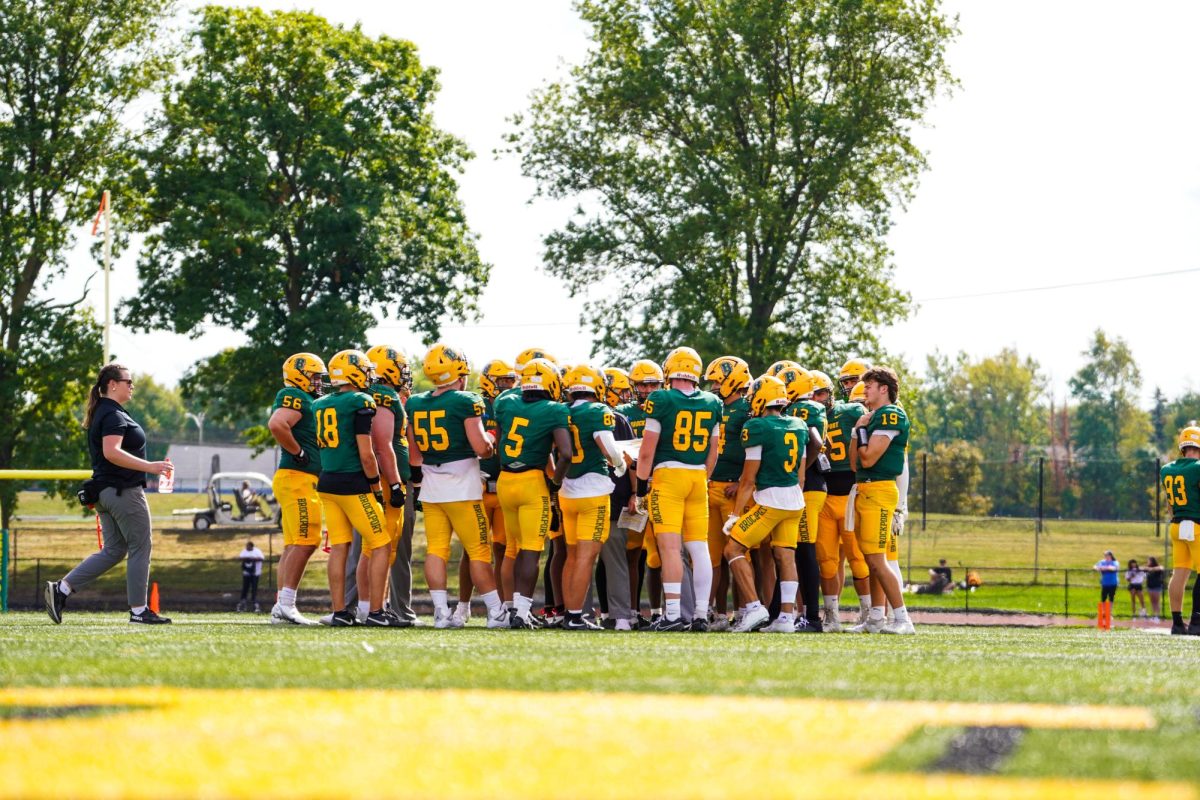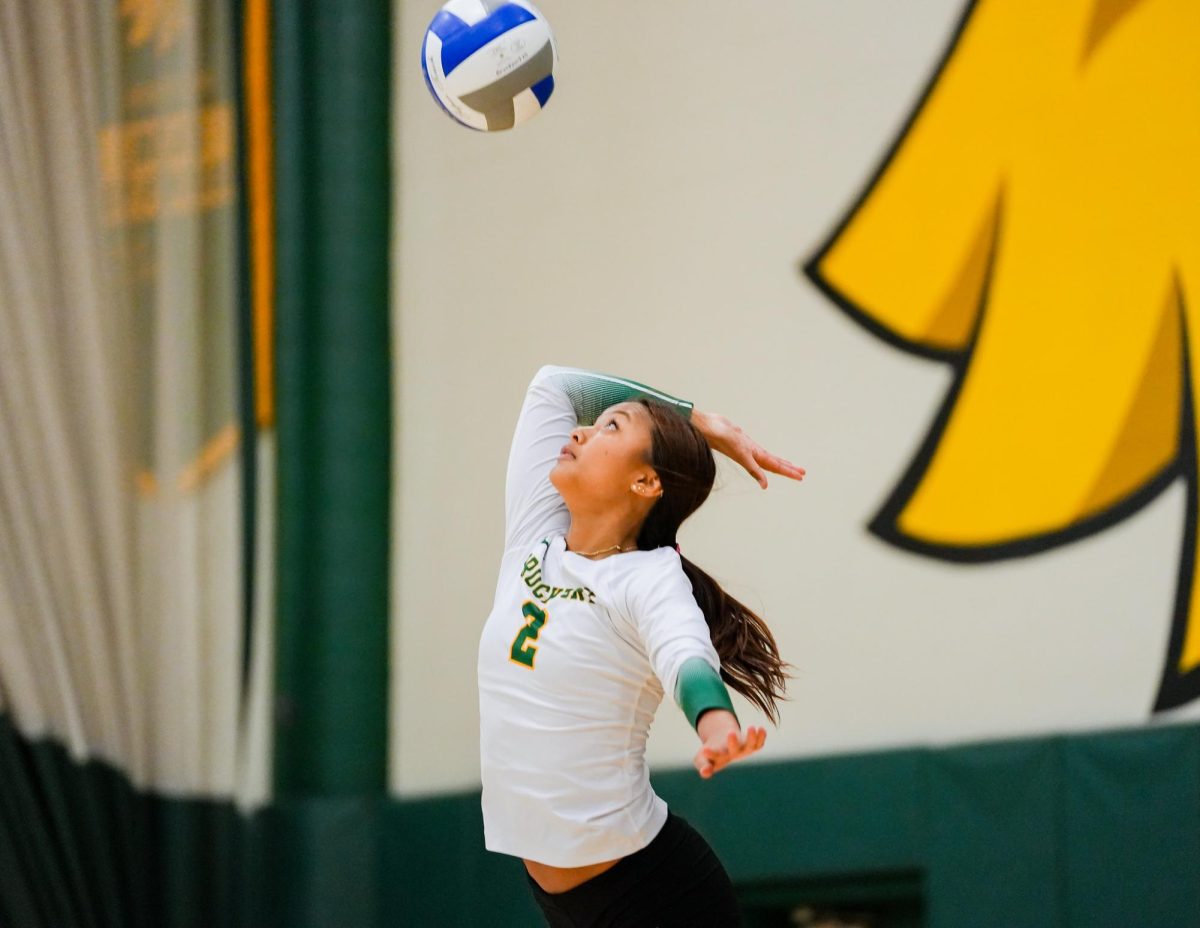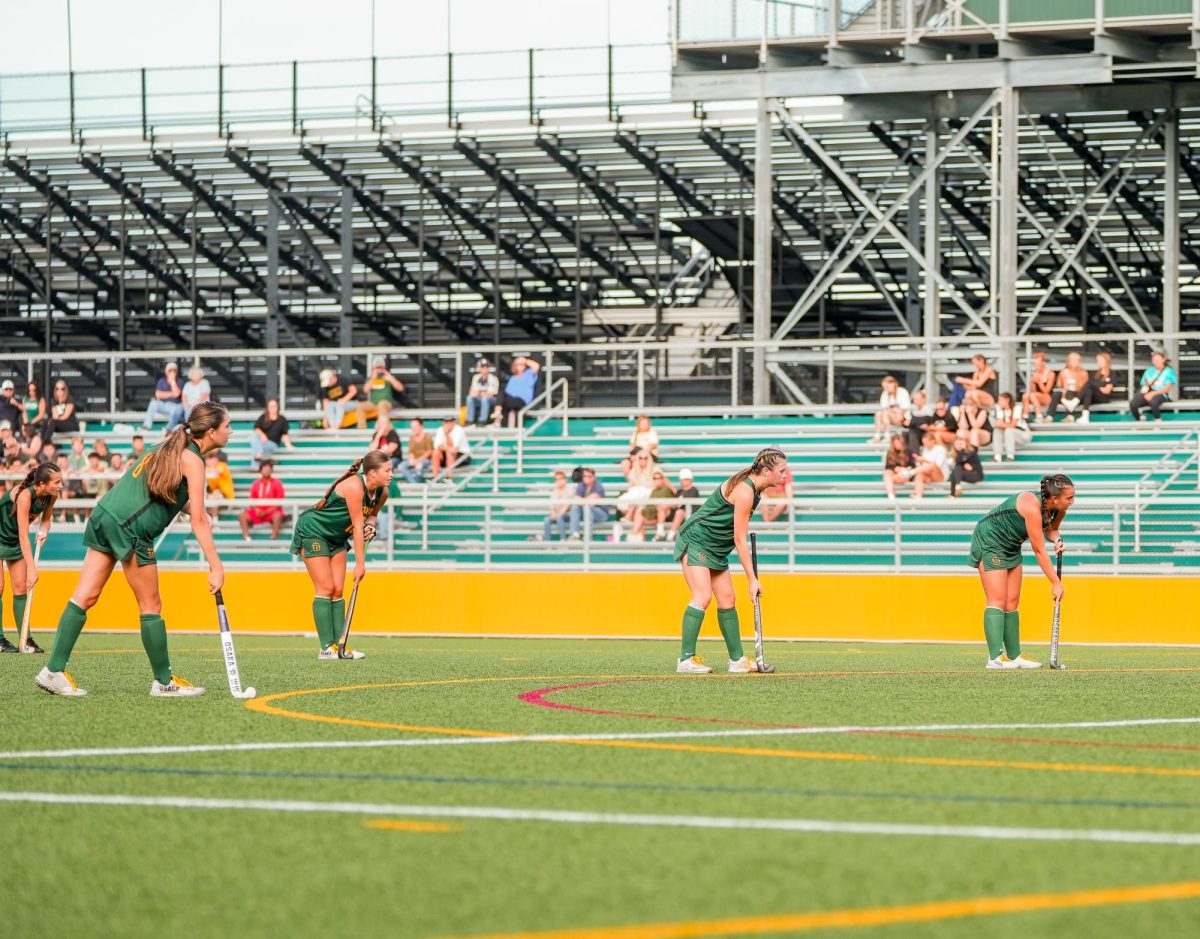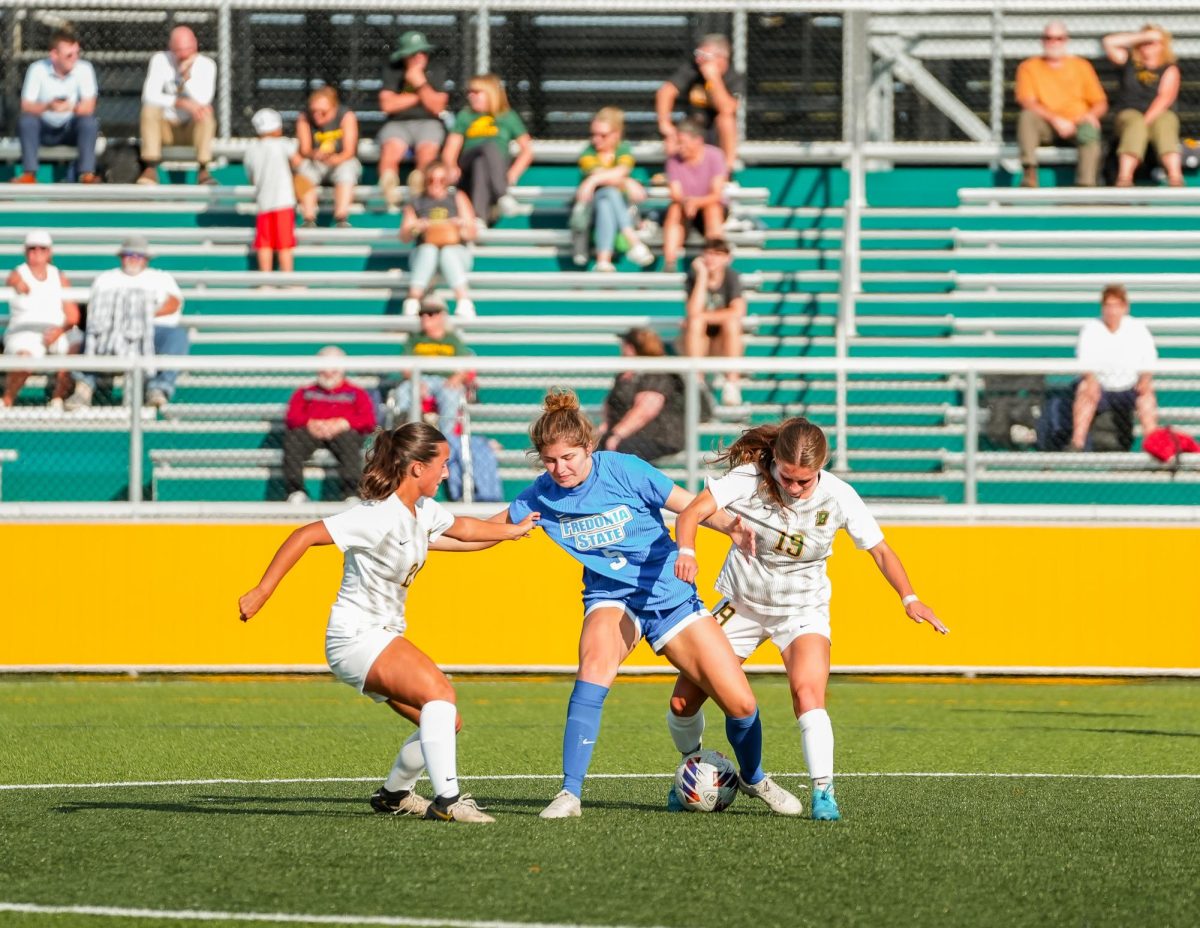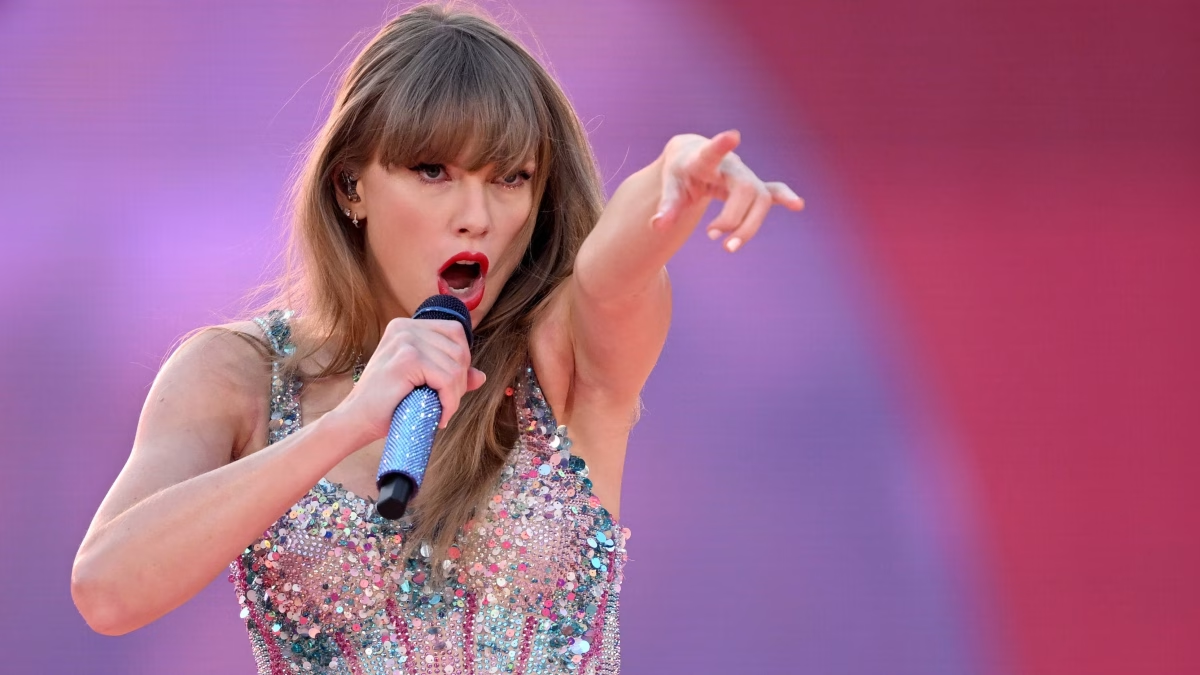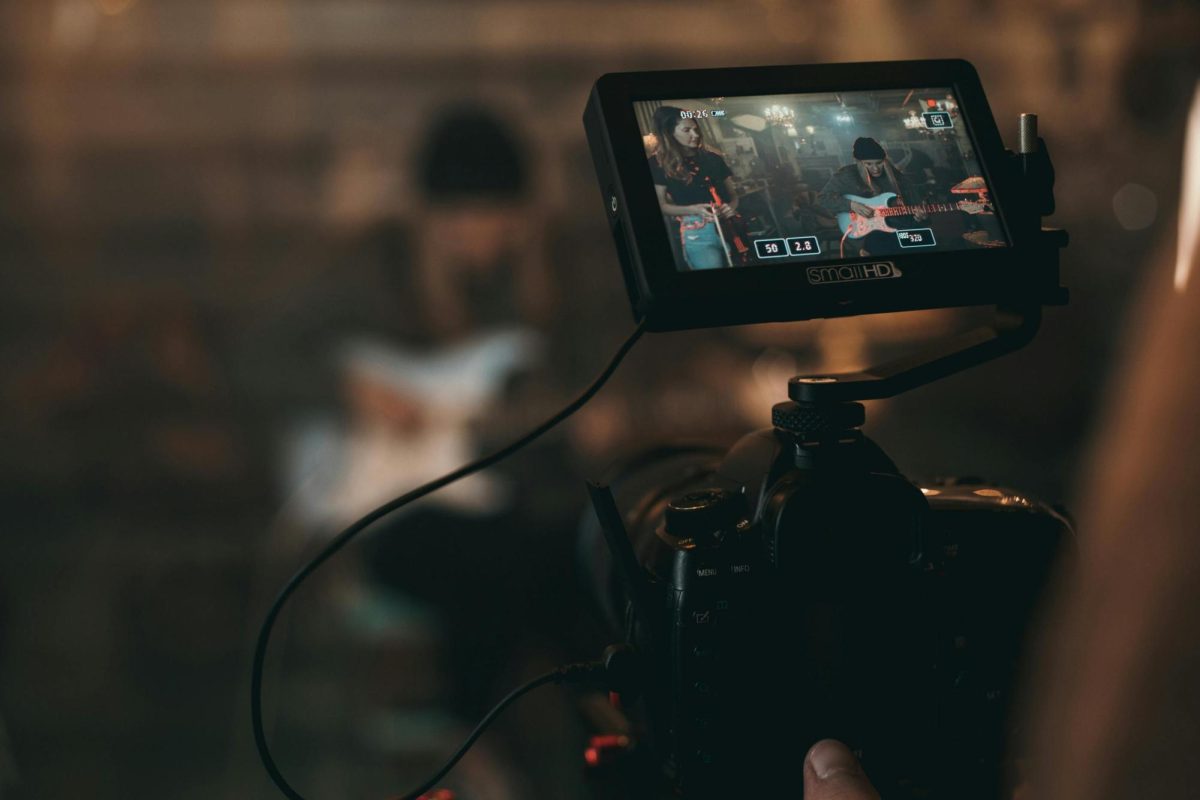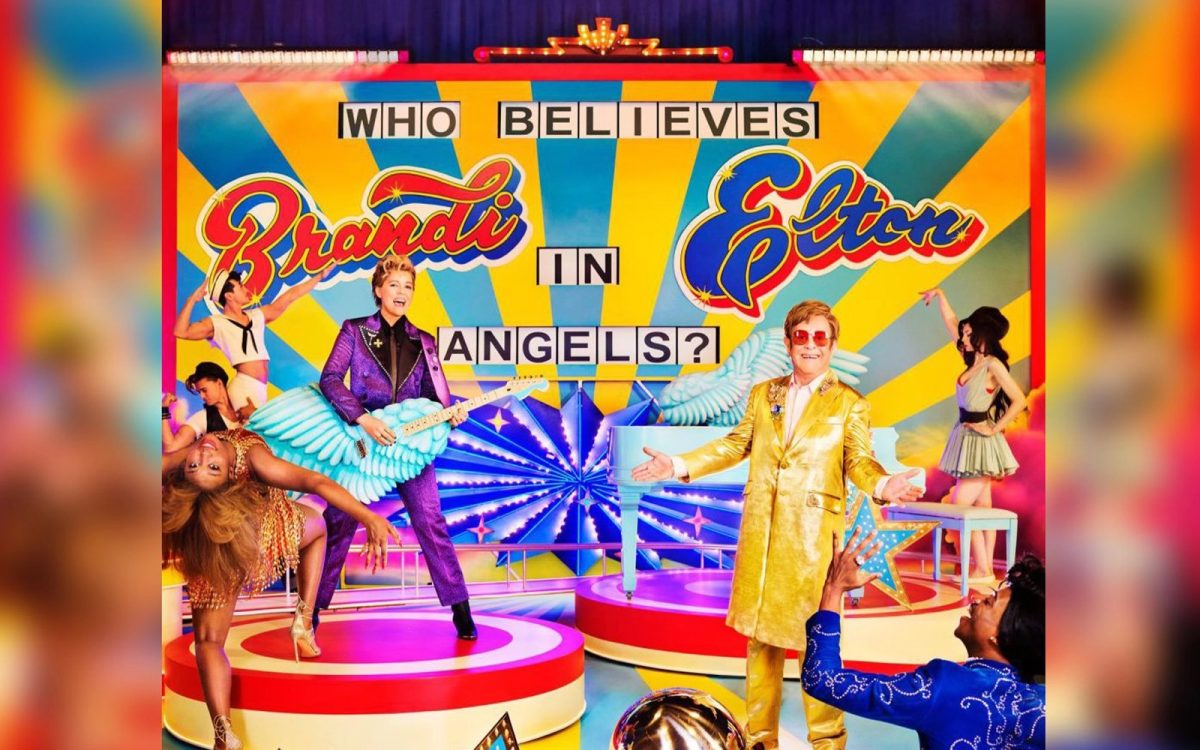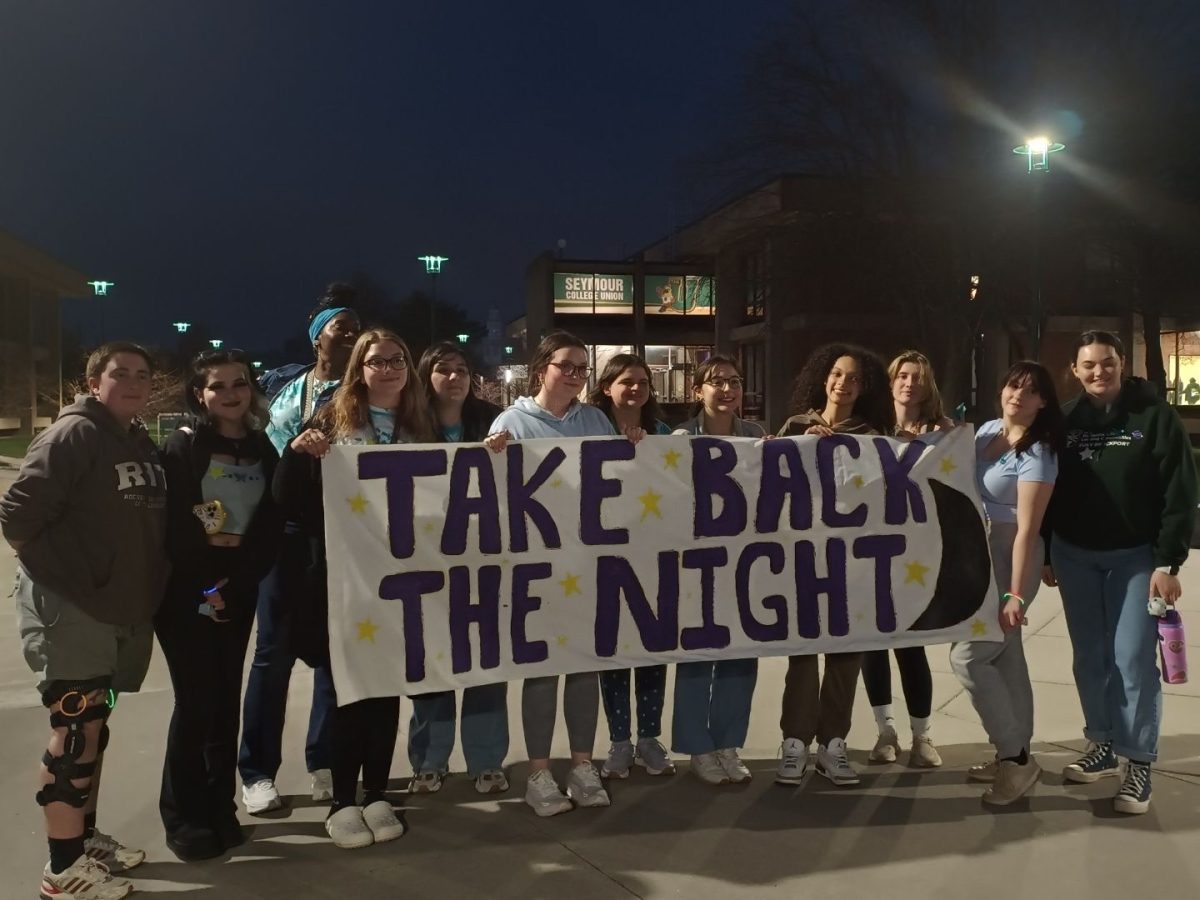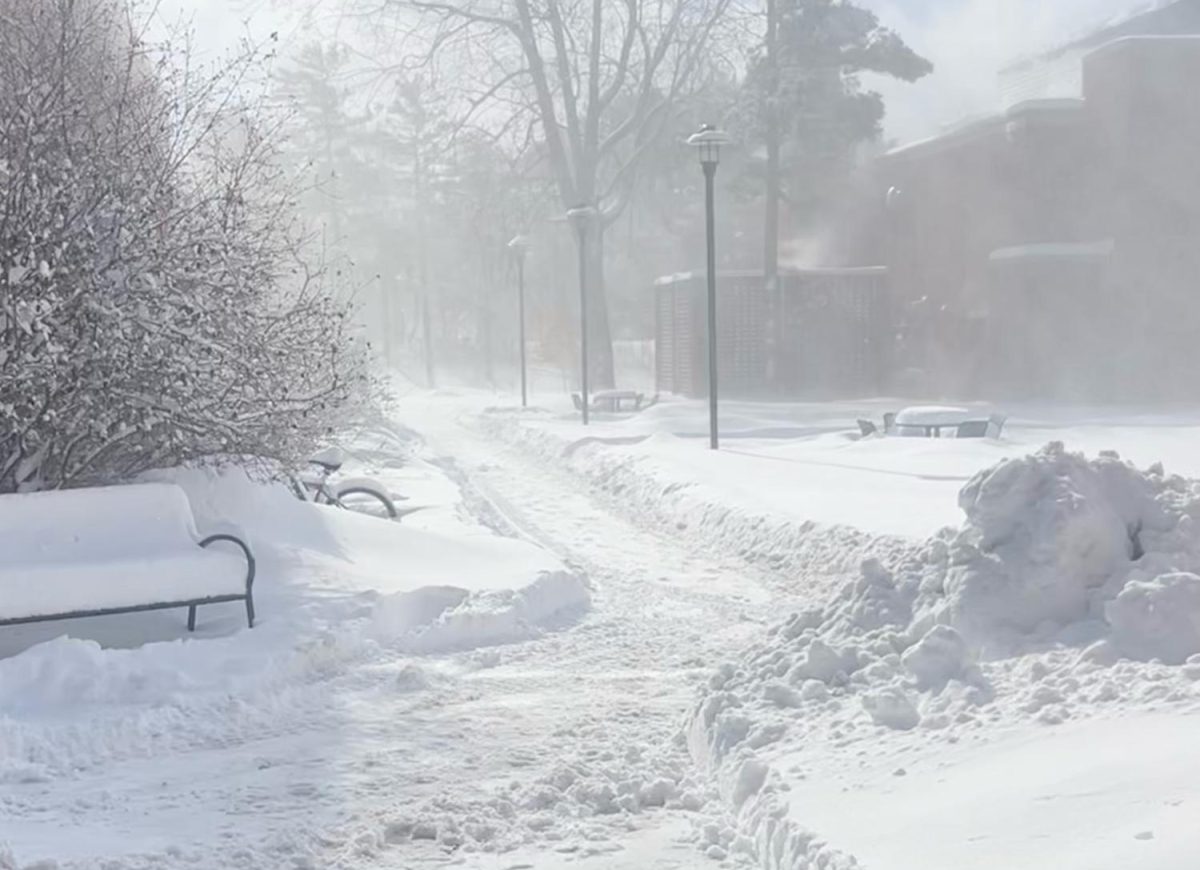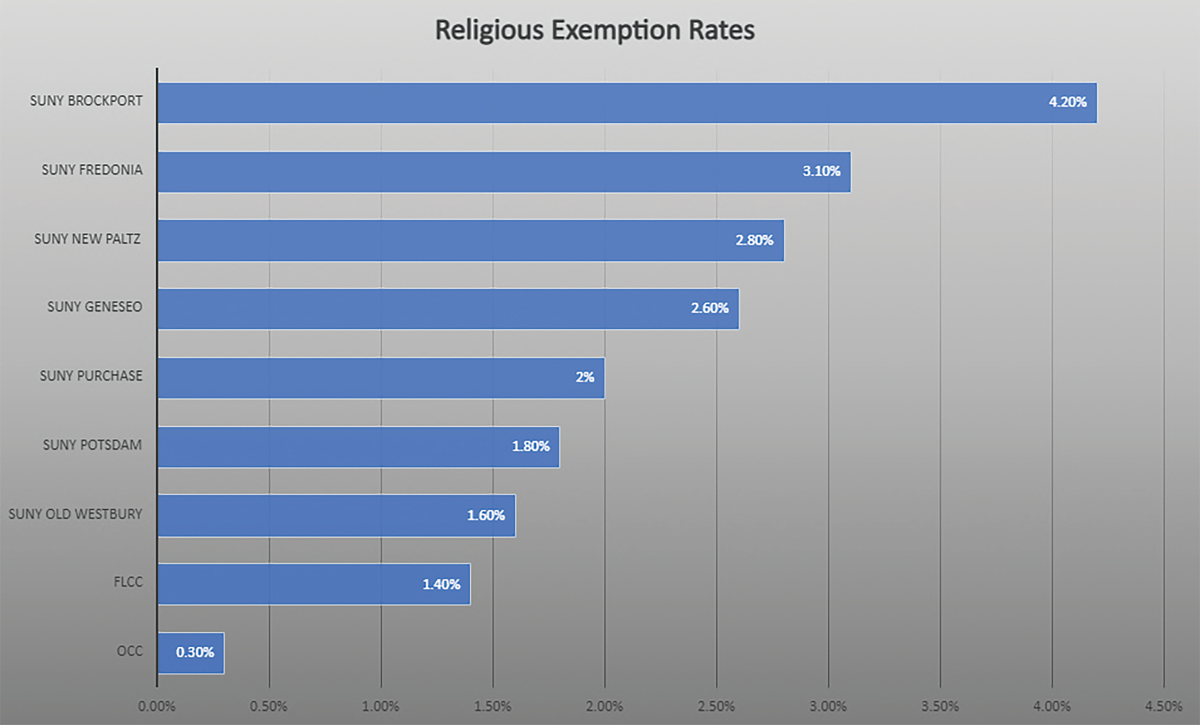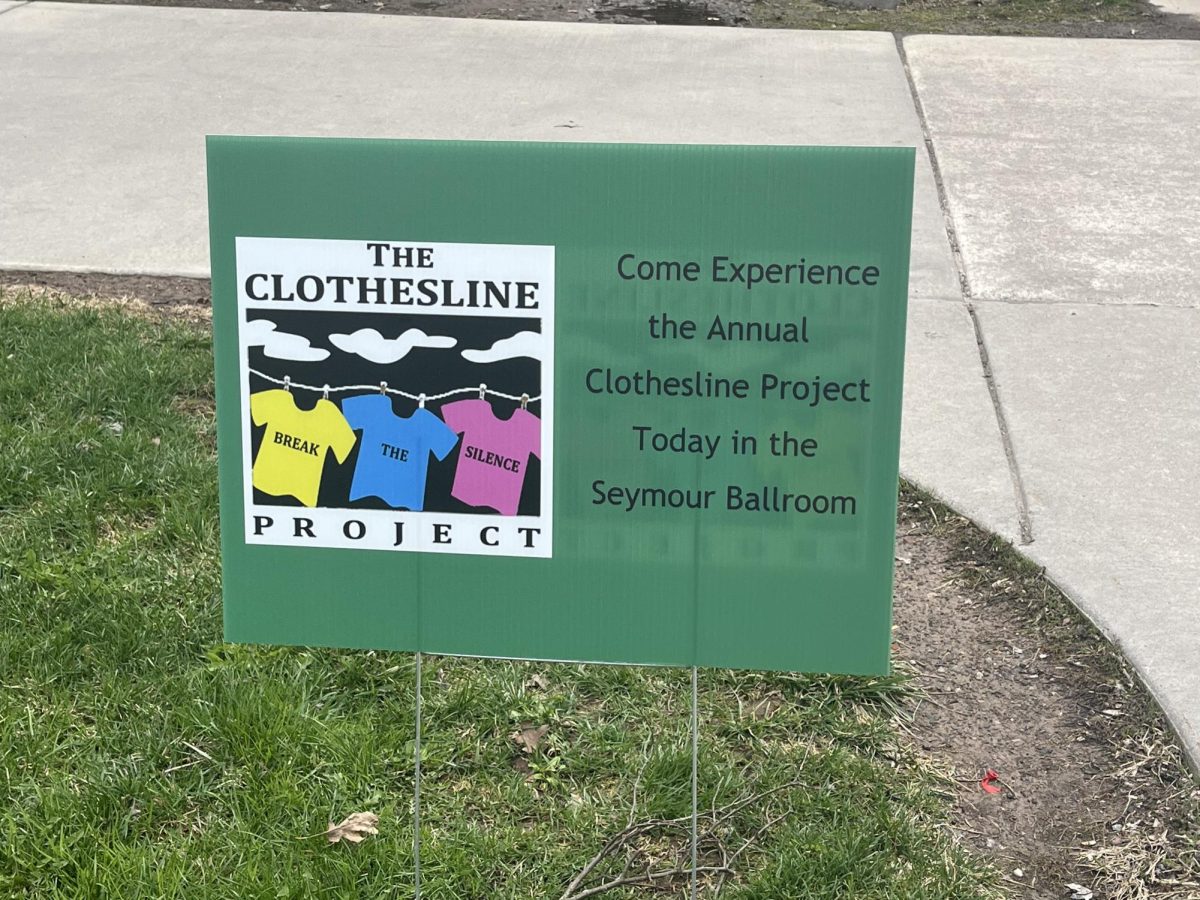Across New York state, it became mandatory for college students enrolled in the fall 2021 semester to receive the Moderna, Pfizer or the Johnson & Johnson vaccine. If students did not comply, they were unenrolled and kicked off campus after the Sept. 27 deadline.
However, there was another option of obtaining a religious exemption; if a student had a genuine religious reason to refuse the vaccine, they could request an exemption. If accepted, the student could proceed with in-person classes without the vaccine.
The COVID-19 vaccination mandate was intended to protect the students and the community, but some students found a shockingly simple way around it. The option of obtaining a religious exemption is a possible loophole for college students to get out of the vaccine mandate.
Assistant Director of the Student Health Center at SUNY Brockport, Lynne Maier is a part of the exemption vetting process and explained how religious exemptions were granted. According to Maier, there is a SUNY-approved form that students were required to fill out.
The only criteria required to get approved was to report sincere and genuine religious beliefs contrary to the vaccine. If a student listed a moral or philosophical objection, their exemption request was immediately denied. Maier and many others worked together to review these forms and decided whether to approve or deny applications.
“It’s a legal matter that when a student states their religious, genuine and sincere beliefs, regardless of what my beliefs are, I go with that. They could be lying, but if they put it down on paper and sign that paper and say, ‘I’m opposed for these religious reasons,’ we have to accept it,” Maier said.
The Director of the Hazen Health Center, Cheryl Van Lare explained how each religious exemption application was reviewed on a case-by-case basis.
“Each one had to be read entirely, reviewed and then responded to,” Van Lare said.
Some students, who wish to remain anonymous, have also reportedly used the same exact essay to apply, all allegedly receiving a religious exemption. Maier and Van Lare were shocked when confronted with this information of students copying and pasting the same essays to gain an exemption.
“They only have to include certain language, right? By the law, it just has to be a statement explaining how their genuine and sincere religious belief will not allow them to be vaccinated,” Van Lare said.
According to Maier, there were around 50 religious exemption requests that were denied, but students could resubmit the request as many times as they wanted. Therefore, if a student was determined to get an exemption, they could re-apply, perhaps using specific key words or different arguments to eventually get the results they wanted.
“If they use the correct words, it’s state law. You can’t deny it,” Maier said.
The Stylus has learned students at SUNY Brockport have been abusing this loophole, putting the community at risk.
The Stylus sent Freedom of Information Act [FOIA] requests to other SUNY schools to determine how many students were religiously exempt at each college. SUNY Brockport has the highest religious exemption rate compared to the eight other colleges across the state who have disclosed their rates so far. Of the 5,571 students, 233 of them have a religious exemption. While SUNY Brockport may be boasting about their high vaccination rate on campus, the college also has one of the highest religious exemption rates out of the data currently collected.
SUNY Fredonia had the second highest religious exemption rate of the data collected, and it was still lower than SUNY Brockport’s by 1.1%, They have a rate of 3.1%, with 118 of them being religiously exempt out of 3,780 students.
Onondaga Community College has the lowest religious exemption rate of only 0.03%, with just 14 students approved out of their 4,800 students.
SUNY Brockport has an overall exemption rate of 4.2%, which doesn’t quite match up with the overall 4% exemption rate President Heidi Macpherson celebrated in an email sent out to the college on Sept. 28.
This begs the question: was SUNY Brockport more lenient with its religious exemption policy?
Student with religious exemption speaks the truth
A SUNY Brockport student, who wishes to remain anonymous, agreed to be interviewed about their religious exemption and how they are in fact, not religious enough to be exempt.
“I am religious, but I’m not religious to the point where it would force me not to get the vaccine,” they said. “I just used the religious thing to get the exemption. I’m just sketched out about it [the vaccine] and didn’t like how they forced us to get it.”
A requirement, as mentioned previously by John Follaco, explains that “students are approved for an exemption if their schedule is completely online, and they attest they will not be physically present on campus.” The interviewed individual lives on campus and is a full time in-person student.
According to Follaco, students are required to present a “genuine and sincere religious belief that opposes COVID-19 vaccination.” The professionals at the Hazen health center explained how if students write their exemptions correctly, they must be approved, as required by state law. But why are SUNY Brockport’s exemption rates the highest amongst a handful of other SUNY schools? It could be due to the sharing of exemption letters and the relatively easy approval process.
“It wasn’t hard to get approved at all,” they said. “I wrote the letter and got my approval back like two days later, no questions asked. I didn’t even say what religion I was. I literally said, ‘I’m not getting a vaccine because of my religion.’ That was it. I said, ‘if you have any questions, you can contact me,’ and I was approved.”
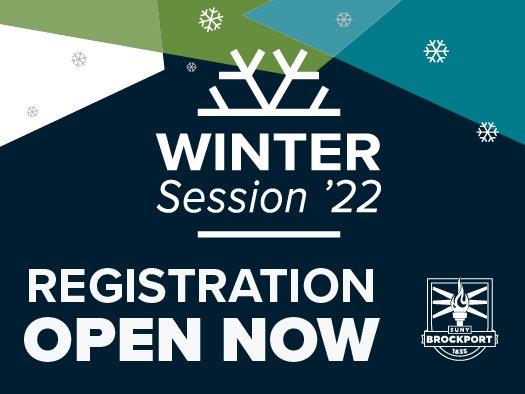
When it was announced the vaccine would be required to enroll, many people assumed it would be mandatory. However, without any proof besides their word, students can simply lie to receive a religious exemption. Additionally, some religious exemption essays were shared between students and still got accepted.
“I wrote the letter myself, but I gave it to some friends too,” they said. “I gave it to them because I wrote it in a really good way, and it worked; they liked what I said so I gave it to some people.”
When asked if their friends were religious, they replied:
“Lol, no. Maybe there’s like one person I know that is actually religious? But no, basically none of them are.”
This individual, though gaming the system themself, finds it odd how simple the process was and finds it worrisome that there’s no further investigation for individuals getting their exemptions approved.
“It’s kind of hypocritical. They’re saying we can’t come to school unless we’re vaccinated, and they’re constantly stressing the safety of students and the community and so on; but then it’s like, okay well I’ll just lie and write a letter to get out of it and since it’s on paper it’s fine. If it were me, I would at least be checking in on the individual that got approved, or keeping an eye on them, and no one is. It’s just weird,” they said.
The unvaccinated individual ended up contracting COVID-19 earlier in the semester. To their surprise, they don’t have to be tested until November and can proceed with campus-life as normal.
“I don’t have to get tested until like November, which is actually really weird to me because I’m still not vaccinated,” they said. “I feel like there should be a backup just to get tested at least once and see how we’re doing. But no one cared, they just said don’t get tested for 90 days.”
This individual explained their reasoning for not getting the vaccine and expressed how they plan to get the vaccine eventually, but only because they are a student-athlete.
“If I wasn’t in college and wasn’t a student-athlete I would not get the vaccination, but I want to make sure I can compete. It’s going to take me a minute before I get it, but I probably will in the next couple of months,” they said. “I’m not anti-vaccine, I’m just more so sketched out about it and want to wait until there’s more research on it before I get it. Like if they don’t have a cure or anything for like cancer and stuff that’s been around for years, how the hell do they have three to four vaccinations for COVID-19 that hasn’t even been around for two years?”
This individual attested to knowing several others who are not religious yet were approved religious exemptions. The majority of SUNY Brockport is vaccinated, yet these proven the religious exemption process is simple.
Administration’s response
By Ellen Paddock / Editor-in-Chief
According to SUNY Brockport’s Director of Communications, John Follaco, the administration followed the guidelines outlined by the SUNY legal counsel during the exemption vetting process. Based on the SUNY legal COVID-19 Vaccination Policy, a student can receive an exemption if they have a genuine religious opposition to the vaccine:
“Students who hold genuine and sincere religious beliefs which are contrary to COVID-19 vaccination may be exempt after submitting a written statement to that effect as required by SUNY Facility. Such statement should explain how receiving the COVID-19 vaccination conflicts with the student’s sincere religious belief or practice and how not receiving the COVID-19 Vaccination will not otherwise prevent the student’s completion of their programmatic or curricular requirements of the academic program. General philosophical or moral objections to such vaccine shall not suffice as the basis for a religious exemption,” according to the SUNY Legal COVID-19 Vaccination Policy.
Follaco noted the administration and Hazen Health Center followed this policy established by SUNY. The college did not create their own policy.
“The important thing to do here was to follow the procedures that were established by SUNY, which is what we did at SUNY Brockport,” Follaco said. “There was a policy that allowed for students to demonstrate a sincere and genuine religious belief, upon doing so, they were granted an exemption.”
Follaco is not sure if the administration has seen the number of religious exemptions granted across the various SUNY colleges. However, SUNY Brockport has made every effort to ensure the safety of their students and faculty.
Unvaccinated students are required to test weekly and must mask on campus. Upon arrival to campus unvaccinated individuals had to quarantine for 10 days or provide evidence of a negative COVID-19 test. As of Oct. 20, vaccinated students are no longer required to test monthly but are encouraged to engage in symptomatic testing if they feel sick.
“We have expanded the amount of symptomatic testing that we’re doing. If students aren’t feeling well for any reason, they can go over to Brockway, get a rapid antigen test, and receive their results in 15 minutes,” Follaco said.
Due to these mitigation strategies, the college has come a long way in reducing the spread of COVID-19 and opened more opportunities for students on campus. This progress is reflected in the number of COVID-19 cases contracted at SUNY Brockport.
According to the SUNY COVID-19 Case Tracker, SUNY Brockport has reported 324 positive COVID-19 cases to date. Compared to the other 61 SUNY schools listed on the website, this is a relatively normal amount, especially when compared to SUNY schools of a similar student population.
SUNY Cortland has recorded 861 positive cases, SUNY Oneonta recorded 605, SUNY Geneseo recorded 532, SUNY New Paltz recorded 349 and SUNY Fredonia recorded 251.
“We have 96 percent of our campus population vaccinated that puts us in a tremendous position compared to colleges and universities across the country. Our COVID-19 numbers are down as a result, we’ve done a tremendous job protecting the nest since the onset of this pandemic,” Follaco said.
Additionally, SUNY Brockport has administered 89,638 tests on campus. Out of the 61 SUNY schools listed on website, SUNY Brockport, with a student population of 5,571, leads the way for test administered compared to most schools whose student population range from 3,000 to 10,000.
SUNY Brockport is second to Oswego who administered 93,015 tests, but surpasses Cortland, Geneseo, New Paltz, Potsdam, Plattsburgh, Onondaga, Oneonta, Fredonia and Buffalo State in the number of tests administered.
To receive a religious exemption a student had to state how their religion contradicts receiving the vaccine. According to the SUNY policy, it is within the students’ rights to be approved for a vaccine if they convey sincere and genuine religious beliefs that prevent them from being vaccinated.
SUNY Brockport did not require any other proof of a student’s religious beliefs besides their word because the SUNY policy did not specify a student must receive a reference from a third party that confirms their claim to religious beliefs.
“This is from the SUNY policy, I think it’s important to note Brockport did not have our own policy, we followed the SUNY policy and SUNY policy asks that students who hold genuine and sincere religious beliefs which are contrary to COVID-19 vaccinations, they said they may be exempt after sending a written statement to those effects,” Follaco said.
The SUNY Brockport administration, according to Follaco, is proud of their students and very pleased with the 96 percent vaccination rate.
“I think 96 percent is really strong. We are really proud of our students. We feel that gives us a very significant amount of protection, and that coupled with our other mitigation strategies of testing and masking, should have students feeling very confident that we can continue to move forward from this pandemic,” Follaco said.
The college did not question a student if they sincerely portrayed in their written request that their faith prevents them from receiving the vaccine.

